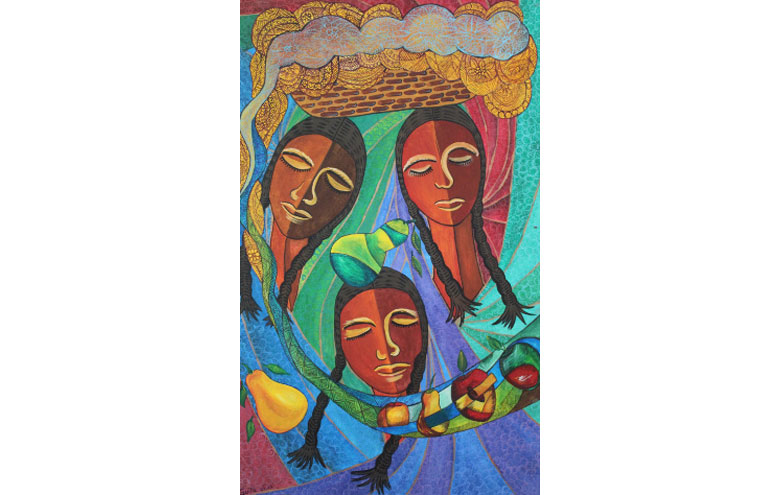Invisible Labour

“People are free not because they work, but because of the dignity that comes from their work.”*
Joseph Wresinski
Founder of ATD Fourth World
Being respectful of both people and the planet is one of ATD Fourth World’s priorities. Ever since its origins in a camp set up for homeless people outside Paris in the late 1950’s, ATD has called attention to the ways in which families living in extreme poverty manage to survive. Often they do not hold traditional jobs. So it’s easy to miss the many ways that they actually do work hard every day to live in a dignified manner in their community. Based on these inventive survival strategies, ATD teams around the world are constantly experimenting with new training and employment projects, often in collaboration with the private sector. Key to the success of these projects is a deep familiarity with the expertise that people in poverty already have when it comes to getting by.
In many countries around the world, 1 May is a holiday that commemorates workers’ struggles for fair labour conditions. “International Workers Day” is also an occasion to recognize the millions of people in poverty who work in the informal sector, collecting trash or making small items to sell to others in their community, because they cannot find work. Unfortunately, labour organizations (or unions) that focus on rights for employees in more traditional jobs often do not represent the interests of people who survive in this precarious manner.
This week, ATD is featuring articles about its economic development projects that focus on people living in extreme poverty who are not part of the traditional world of work. These articles demonstrate the kinds of programmes and conditions needed in order to ensure that no one is left behind, without creating tensions and divisions within communities. Some businesses have managed to create an inclusive work culture based on cooperation, emphasizing the role that every employee plays in establishing a collaborative work environment. They manage to be both commercially successful and a welcoming place to work, even for people who might normally be pushed aside.
* “A Call for Solidarity,” speech given at the Paris conference center, “Maison de la Mutualite,” on 17 November, 1977.
@ Guillermo Diaz, Guatemala

